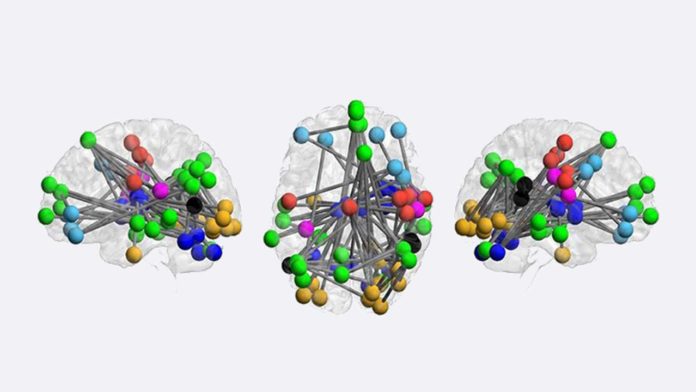Psychosis is a severe mental disorder in which thoughts and emotions are so impaired that contact is lost with external reality. A new study by Yale scientists has suggested that people who are at risk of psychosis exhibit a pattern that can help predict whether they will go on to develop full-fledged schizophrenia.
Scientists used fMRI images of people who exhibit features indicating a high risk for psychosis and noted expanded functional availability in the cerebello-thalamo-cortical circuitry, an extensive system engaged with the coordination of a large group of brain capacities.
In a second experiment, they confirmed this hyperconnectivity pattern was present among those who already have a diagnosis of schizophrenia but not in those with other psychiatric disorders.
Tyrone Cannon, professor of psychology and psychiatry, said, “The hope is that this biomarker can be used in second-stage screening after the identification of other risk factors for schizophrenia.”
“The hyperconnectivity findings suggest that the affected brain network may reflect greater errors in integrative brain functioning, such as the mistiming in the convergence of information from different brain regions. Alternately, he noted, the pattern may reflect compensation for such errors, which are believed to underlie the disorganized thinking that is a hallmark psychosis.”
“Though, early intervention in psychosis patients has been linked to better outcomes in schizophrenia, which is marked by hallucinations, delusions, and thought disorder, and generally first strikes people in their late teens and twenties.”
Scientists reported this study in the journal Nature Communications.
